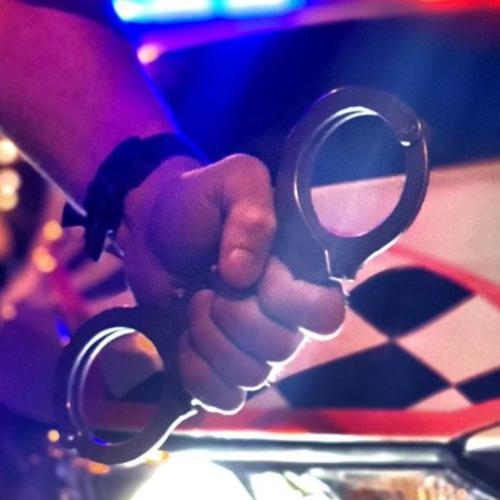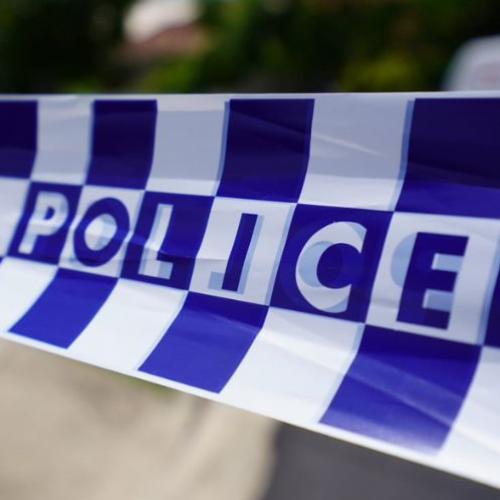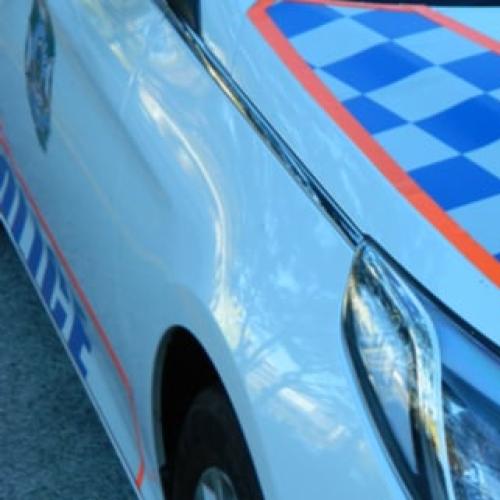It’s been announced today that all Queensland state schools will now have access to free sanitary products.
All state schools will be offered a “Dignity Vending Machine” thanks to a joint partnership between the Queensland Government and Share the Dignity charity.
The announcement comes after a trial of the vending machines at more than 60 schools across the state, including six on the Gold Coast.
Premier Annastacia Palaszczuk says today’s announcement will make a huge difference, especially to students whose families may be doing it tough.
“This is fantastic, with the cost of living pressures I believe this is a great measure especially for our girls and young women out there across our secondary schools,” the Premier says.
“We want all students to be confident to attend school every day.”
Access to free period products can make a real difference to children, especially students whose families are doing it tough, have unstable accommodation or are fleeing domestic and family violence. https://t.co/6QRBDvRWNH pic.twitter.com/2bXDTups1c
— Annastacia Palaszczuk (@AnnastaciaMP) June 6, 2022
The funding is part of a $13.3 million investment from the Queensland Government’s upcoming State Budget.
Share the Dignity will be provided with additional funding to expand the current initiative and install vending machines at every Queensland state school that needs one.
The vending machines will dispense free period packs, which include six tampons and two pads, to students on demand.
Founder of Share the Dignity Rochelle Courtenay says this will mean a lot to many young girls across the state.
“Imagine a day where girls are not missing out on an education because they don’t have access to sanitary items,” Ms Courtenay says.
“The price of housing and electricity and food is increasing and for many girls and for many women, access to sanitary items is the last thing on their list.”

Image: Supplied
Ms Courtenay believes the initiative is also a massive step forward towards increasing education.
“This is amazing to be able to give them access to sanitary items,”
“But also to be able to provide education to boys and girls and to remove that shame and stigma that’s been surrounded around menstruation for so many years.”









